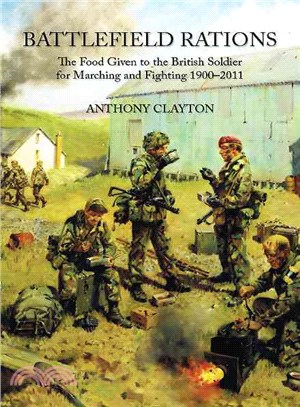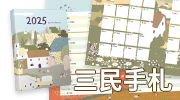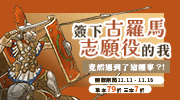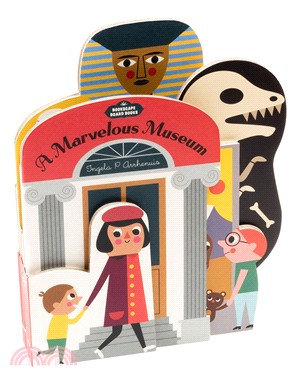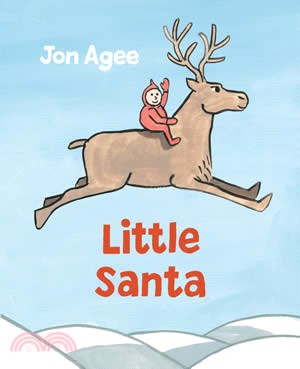Battlefield Rations ─ The Food Given to the British Soldier for Marching and Fighting 1900-2011
商品資訊
ISBN13:9781909384187
出版社:Casemate Pub & Book Dist Llc
作者:Anthony Clayton
出版日:2013/08/19
裝訂/頁數:平裝/120頁
規格:23.5cm*15.9cm*1.3cm (高/寬/厚)
商品簡介
相關商品
商品簡介
An Army marches on its stomach, observed Napoleon, a hundred and fifty years later General Rommel remarked that the British should always be attacked before soldiers had had an early morning cup of tea. This book, written to raise money for the Army Benevolent Fund and with a Foreword by General Lord Dannatt, sets out the human story of the food and "brew-ups" of the front-line soldier from the Boer War to Helmand. Throughout, the importance of the provision of food, or even a simple mug of tea, for morale and unit fellowship as well as for the need of the calories required for battle is highlighted with many examples over the century.
For many, until 1942, the basis of food was "bully beef" and hard biscuit, supplemented by whatever could be found locally, all adequate but monotonous. Sometimes supply failed, on occasions water also. The extremes of hardship being when regiments were besieged, as in Ladysmith in the Boer War and Kut el-Amara in Iraq in the 1914-18 war. At Kut soldiers had, at best, hedgehogs or birds fried in axle-grease with local vegetation. On the Western Front the Retreat from Mons in August 1914 was almost as severe. The transport of food is as interesting a story as the food itself, ranging from oxen, horses, mules, camels, even reindeer and elephants to motor transport and aircraft in different theatres at different times. The first airdrop of food, not very successful, was in fact at Kut el-Amara in 1916.
The inter-war years experiences of mountaineers and polar explorers, supplemented by academic diet studies of the unemployed in London and North England led to the introduction of the varied composite, or 'compo' rations, marking an enormous improvement in soldiers' food, an improvement commented upon by the bully beef and biscuits-fed 8th Army advancing into Tunisia from Libya on meeting the 1st Army which had landed in Algeria with tins of compo. The Italian campaigns of 1943-45, especially the Salerno and Anzio landings and the battle for Monte Cassino, presented particular difficulties. At Cassino food reached forward units on mules with Basuto muleteers and Indian porters for the last stage to men in ground holes or scrapes.
Soldiers landing in Normandy and fighting on into Germany were generally well fed even during a hard 1944-45 winter. The worst suffering, though, fell on soldiers in the Burma campaign, especially in the Chindit columns. In one unit, the only food available at one time was the chaplain's store of Communion wafers. Many men died unnecessarily from the results of poor feeding. In the end of empire colonial campaigns soldiers were generally well fed even if the food was monotonous. Units in the Korean War experienced difficulties at the onset; in the Borneo jungle campaigns of the 1960s the problem was not so much the provision of food for patrols as how to eat it without the smell of the food and refuse from the packs giving positions away.
For the Falklands War special cold weather compo had to be provided and was eaten on the long 'yomps' or 'tabs' marches. The soldier on the streets of Northern Ireland often lived on egg "banjo" sandwiches but real hardship was suffered by one Welsh battalion besieged by the Serbs in Gorazde during the Bosnia operations when Vitamin C deficiency led to scurvy.
The book ends with food supply, often based on whole or part swapping with American military food (usually below British standards) in th
For many, until 1942, the basis of food was "bully beef" and hard biscuit, supplemented by whatever could be found locally, all adequate but monotonous. Sometimes supply failed, on occasions water also. The extremes of hardship being when regiments were besieged, as in Ladysmith in the Boer War and Kut el-Amara in Iraq in the 1914-18 war. At Kut soldiers had, at best, hedgehogs or birds fried in axle-grease with local vegetation. On the Western Front the Retreat from Mons in August 1914 was almost as severe. The transport of food is as interesting a story as the food itself, ranging from oxen, horses, mules, camels, even reindeer and elephants to motor transport and aircraft in different theatres at different times. The first airdrop of food, not very successful, was in fact at Kut el-Amara in 1916.
The inter-war years experiences of mountaineers and polar explorers, supplemented by academic diet studies of the unemployed in London and North England led to the introduction of the varied composite, or 'compo' rations, marking an enormous improvement in soldiers' food, an improvement commented upon by the bully beef and biscuits-fed 8th Army advancing into Tunisia from Libya on meeting the 1st Army which had landed in Algeria with tins of compo. The Italian campaigns of 1943-45, especially the Salerno and Anzio landings and the battle for Monte Cassino, presented particular difficulties. At Cassino food reached forward units on mules with Basuto muleteers and Indian porters for the last stage to men in ground holes or scrapes.
Soldiers landing in Normandy and fighting on into Germany were generally well fed even during a hard 1944-45 winter. The worst suffering, though, fell on soldiers in the Burma campaign, especially in the Chindit columns. In one unit, the only food available at one time was the chaplain's store of Communion wafers. Many men died unnecessarily from the results of poor feeding. In the end of empire colonial campaigns soldiers were generally well fed even if the food was monotonous. Units in the Korean War experienced difficulties at the onset; in the Borneo jungle campaigns of the 1960s the problem was not so much the provision of food for patrols as how to eat it without the smell of the food and refuse from the packs giving positions away.
For the Falklands War special cold weather compo had to be provided and was eaten on the long 'yomps' or 'tabs' marches. The soldier on the streets of Northern Ireland often lived on egg "banjo" sandwiches but real hardship was suffered by one Welsh battalion besieged by the Serbs in Gorazde during the Bosnia operations when Vitamin C deficiency led to scurvy.
The book ends with food supply, often based on whole or part swapping with American military food (usually below British standards) in th
主題書展
更多
主題書展
更多書展今日66折
您曾經瀏覽過的商品
購物須知
外文書商品之書封,為出版社提供之樣本。實際出貨商品,以出版社所提供之現有版本為主。部份書籍,因出版社供應狀況特殊,匯率將依實際狀況做調整。
無庫存之商品,在您完成訂單程序之後,將以空運的方式為你下單調貨。為了縮短等待的時間,建議您將外文書與其他商品分開下單,以獲得最快的取貨速度,平均調貨時間為1~2個月。
為了保護您的權益,「三民網路書店」提供會員七日商品鑑賞期(收到商品為起始日)。
若要辦理退貨,請在商品鑑賞期內寄回,且商品必須是全新狀態與完整包裝(商品、附件、發票、隨貨贈品等)否則恕不接受退貨。



